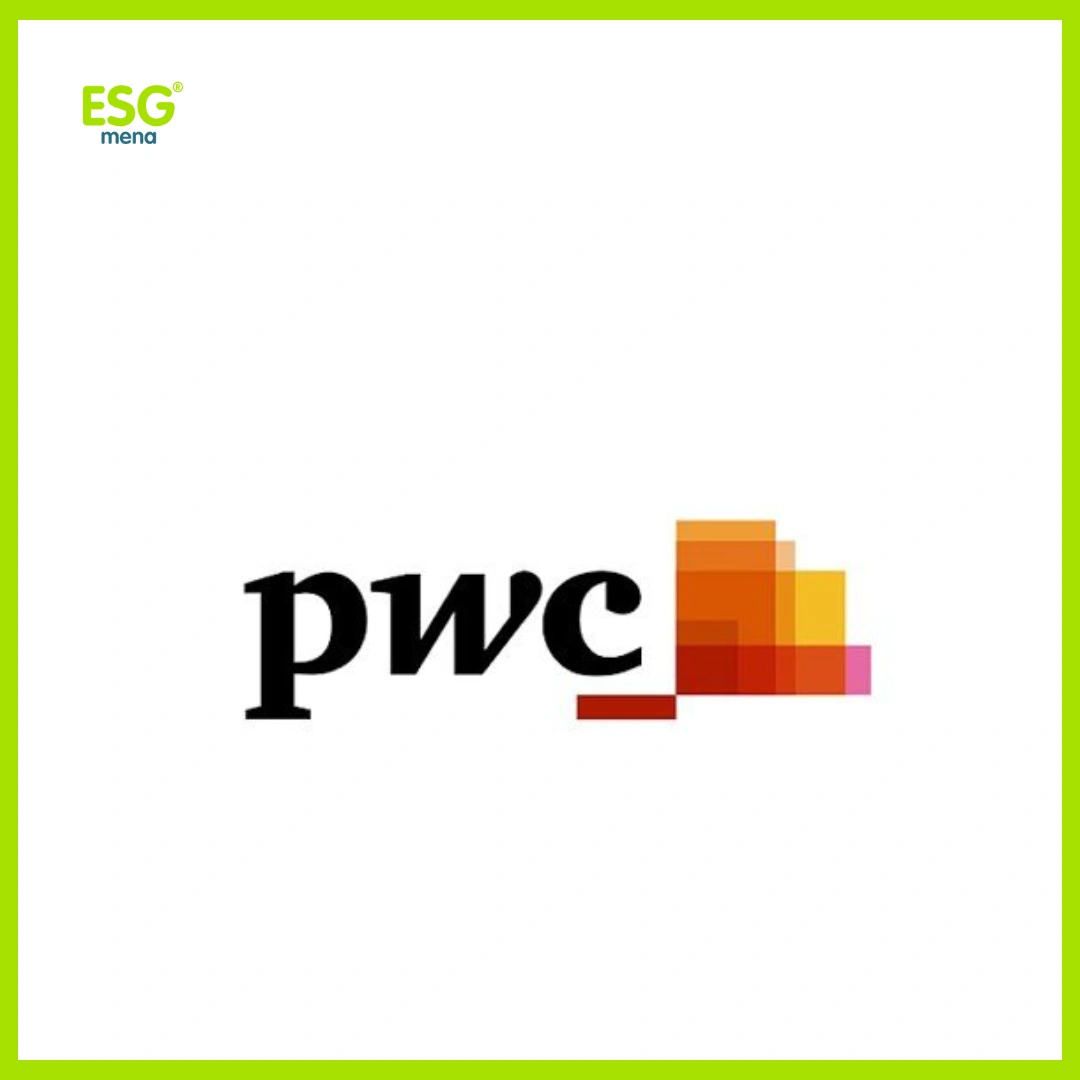Consumers in Saudi Arabia are actively reshaping their food choices in 2025, balancing cost pressures with growing interest in health, convenience, and technology-enabled solutions, according to PwC Middle East’s newly launched ‘Voice of the Consumer 2025: Saudi Arabia findings’.
Based on a survey of over 1,000 consumers, the report reveals a significant shift towards more digitally engaged and health-conscious lifestyles, even as price sensitivity remains high, influencing purchasing decisions.
In the Kingdom, cost of living remains a top priority, with 47% of respondents identifying it as one of the top three concerns for the next 12 months. Price increases are also the most important factor influencing food purchases. Despite this, food-related experiences continue to feature prominently in daily life, with 47% of respondents dining out at least once a week, while 53% order takeaways, well above the global averages of 29% and 37%, respectively.
Health is playing an increasingly significant role in shaping consumer choices. 75% of respondents in Saudi Arabia rate their health as excellent or very good, compared to the global average of 46%. Around 40% engage in regular exercise, and 36% use dietary supplements to a great extent. Additionally, the use of medical weight-loss treatments is on the rise, with 11% of respondents currently using weight-loss medications, and 42% open to using them in the future.
Survey results also indicate a growing sense of national pride and preference for supporting homegrown products in the Kingdom. More than a third (34%) of consumers surveyed cited their top three reasons for buying locally produced products as: higher quality (51%), supporting the local economy (43%) and being healthier (41%).
Imad Matar, Partner and Transaction Services Leader at PwC Middle East, said: “The behavioural shifts we are seeing among consumers across the Kingdom mark a turning point for Saudi Arabia’s consumer economy. The rising demand for health-driven, digitally enabled, and locally relevant products reflects a deeper transformation underway, one that aligns closely with the ambitions of Vision 2030.”
Technology is supporting this shift. More than 40% of respondents use health apps or wearable devices, and half report a positive impact on their daily routines. Generative AI is also being adapted more, with 48% of consumers using it for meal planning and over 52% for fitness guidance, indicating a growing willingness to embrace digital tools in personal wellbeing.
Support for local production is another notable trend. Over one-third of respondents prefer locally made food, driven by perceptions of quality, health benefits and national pride. However, affordability continues to influence decisions, with 56% saying they would choose a cheaper imported option over a more expensive local equivalent. This highlights the need to align local values with competitive pricing.
Sustainability is becoming a key consumer priority, especially among younger, digitally engaged audiences. While 56% of respondents are concerned about climate change, 38% are willing to pay more for sustainable food options, indicating early traction and growth potential. With 45% of consumers still undecided, businesses have a strong opportunity to build awareness, foster trust, and demonstrate impact.
Norma Taki, Deals Partner and Consumer Markets Leader, PwC Middle East, added: “Across the Middle East, a new era of consumer behaviour is emerging, shaped by health, digital fluency, and local relevance. In Saudi Arabia, these trends are gaining momentum with remarkable speed and clarity. As the Kingdom progresses toward its Vision 2030 ambitions, businesses across the region can look to consumers in Saudi Arabia as a clear signal of where innovation, cultural alignment, and value-driven engagement are heading.”
This report highlights a shift toward health-conscious, tech-savvy, and locally attuned behaviours. For businesses operating in the Kingdom, staying attuned to these changes will be crucial to delivering products and experiences that resonate with the modern consumers of the Kingdom.
To access the full report, please visit this link.




